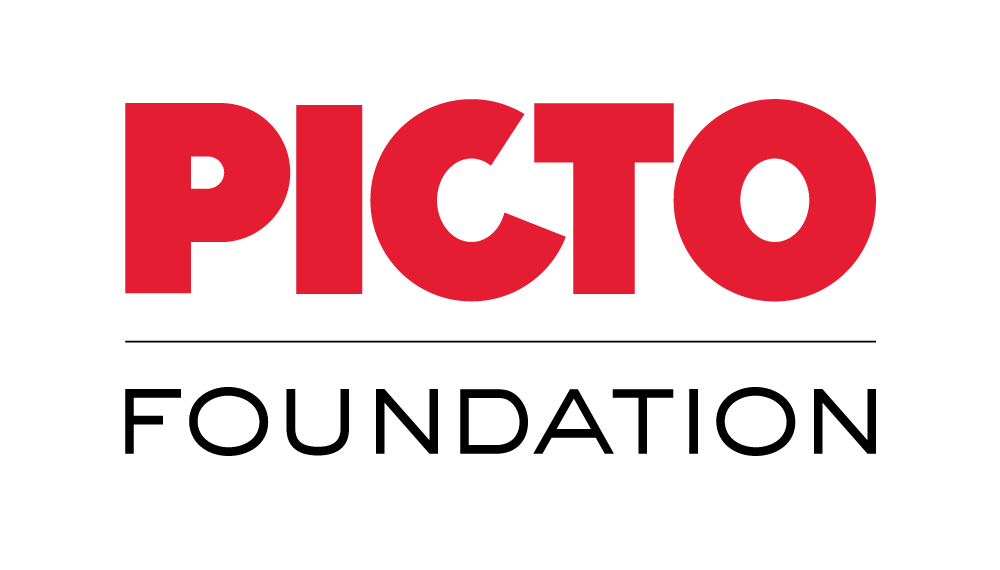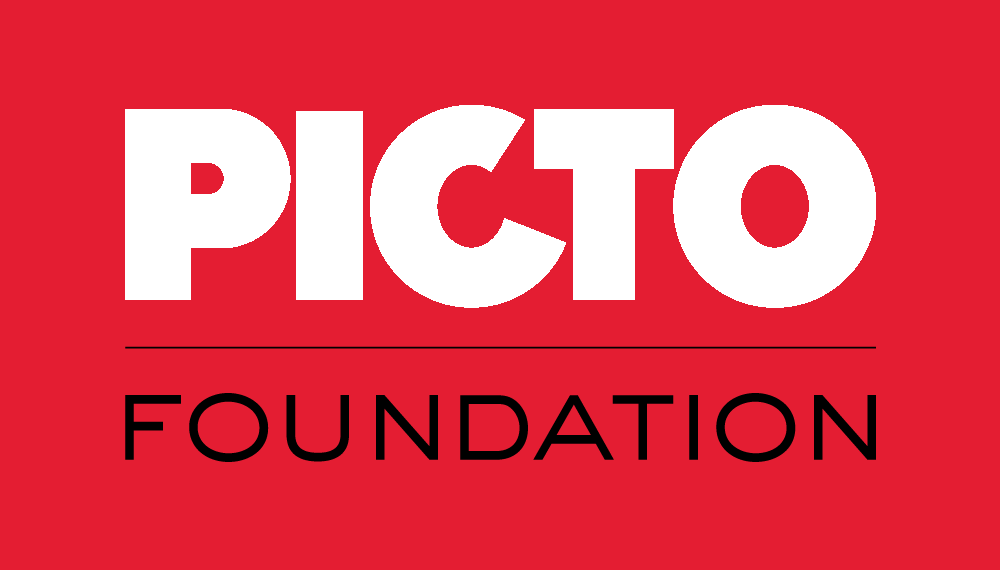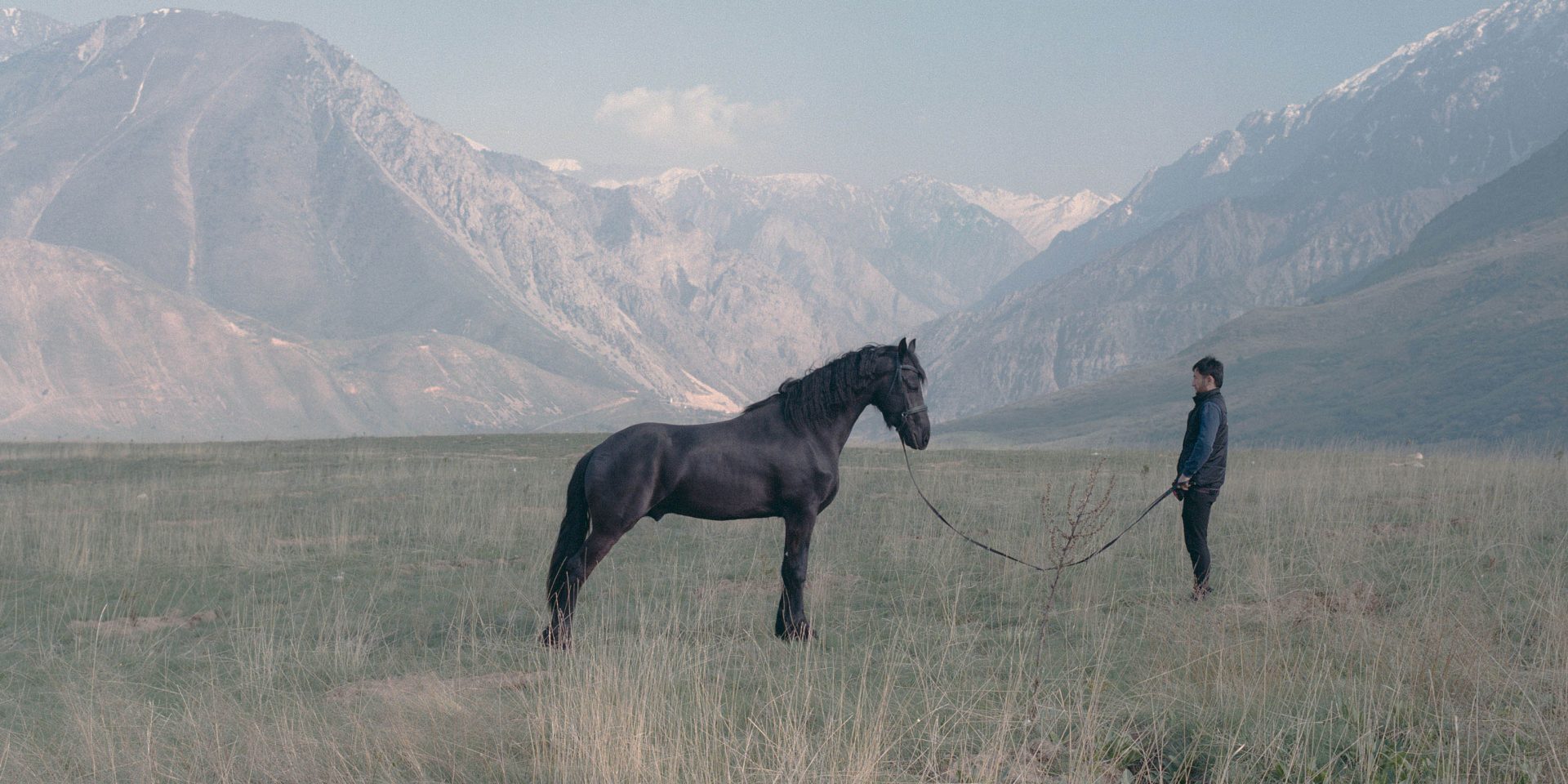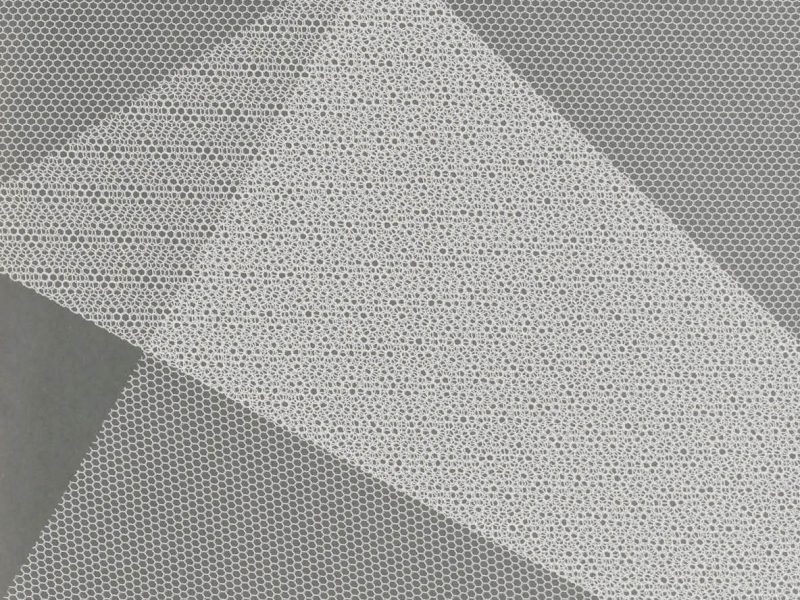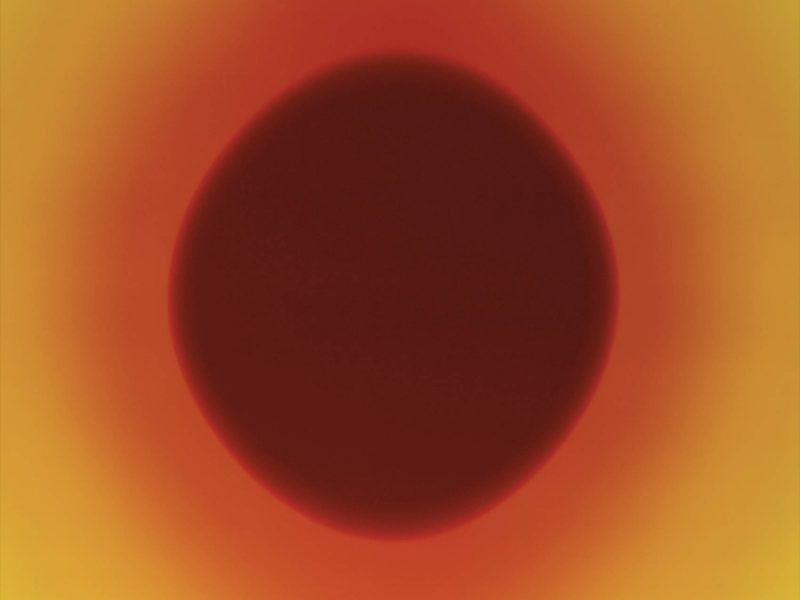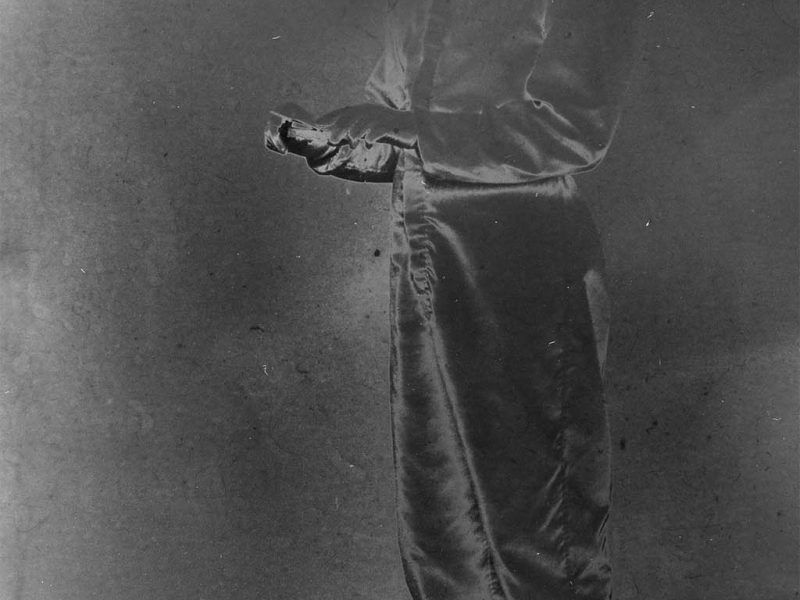After 25 editions, Bourse du Talent has evolved with the aim of remaining close to the proposals of contemporary photographers. Since 2023, Bourse du Talent has focused on the new documentary writings used by photographers to tell the story of our world. At a time when press photography is tending to be projected onto screens rather than printed on paper, and when emerging photographers are broadly aligning their projects in a plurality of mediums and writings, Bourse du Talent still aims to be a megaphone for these new documentary expressions. The laureates of this 2024 edition are Hassan Kurbanbaev, Guillaume Holzer and Karla Hiraldo Voleau.
The Bibliothèque nationale de France will exhibit the laureates alongside other prestigious prizes, such as the Niépce, Nadar and Camera Clara awards, as part of the exhibition La Photographie à tout Prix, from 10th of December 2024 29th of March 2025.
Karla Hiraldo Voleau
Doble Moral
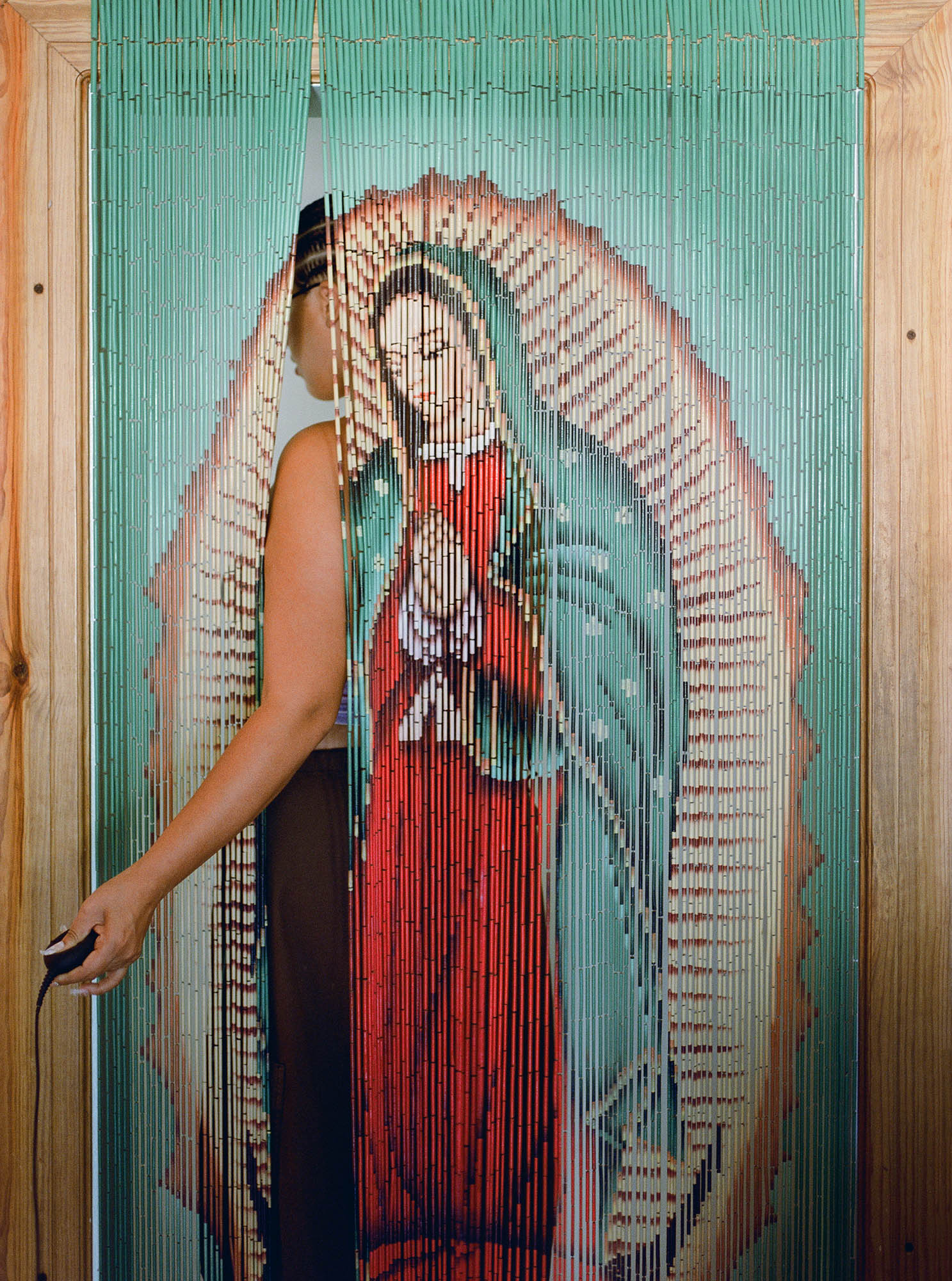
« In the Dominican Republic, abortion is illegal in all circumstances. Women and health professionals are liable to up to two years’ imprisonment for inducing abortion, and up to 20 years’ imprisonment for performing an abortion.
While laws such as «Roe v. Wade» have made headlines in the USA, the recent update of the penal code in the Dominican Republic has reignited the debate: «tres causales» are still not included. These three basic conditions (incest/rape, mother’s life in danger, non-viable fetus) generally justify an abortion in most countries, but in the Dominican Republic, the debate is extremely polarized, overshadowed by misogynistic Christianity and entrenched patriarchy.”
“Numerous exchanges with Dominican activists have revealed that abortion is a common practice despite the ban. The “Doble Moral” project aims to give a voice to Dominican women through their accounts of clandestine abortions, accompanied by powerful, supportive photographic portraits. I’m also working on a series of performances on this theme, to be staged in Dominican public spaces. In 2023, with the support of Pro Helvetia and CNAP, my research began with interviews with dozens of women. Then, thanks to the support of PlaySuisse, I produced a performance in Sto Domingo in June 23, which was presented in August at the Locarno Film Festival.”
I gathered 30 testimonials and took as many self-portraits, some of them anonymous, using mirrors or a remote shutter release. I sought to make the women I met – of all ages and social classes – feel and appear strong, while protecting their anonymity if they needed to. I sometimes inserted myself into the portraits as a gesture of solidarity, ensuring that the relationship between model and photographer was horizontal. Every participant was paid and every collaborator was a woman. ”
Hassan Kurbanbaev
Untitled (Portrait of Uzbekistan) 2018 – 2021
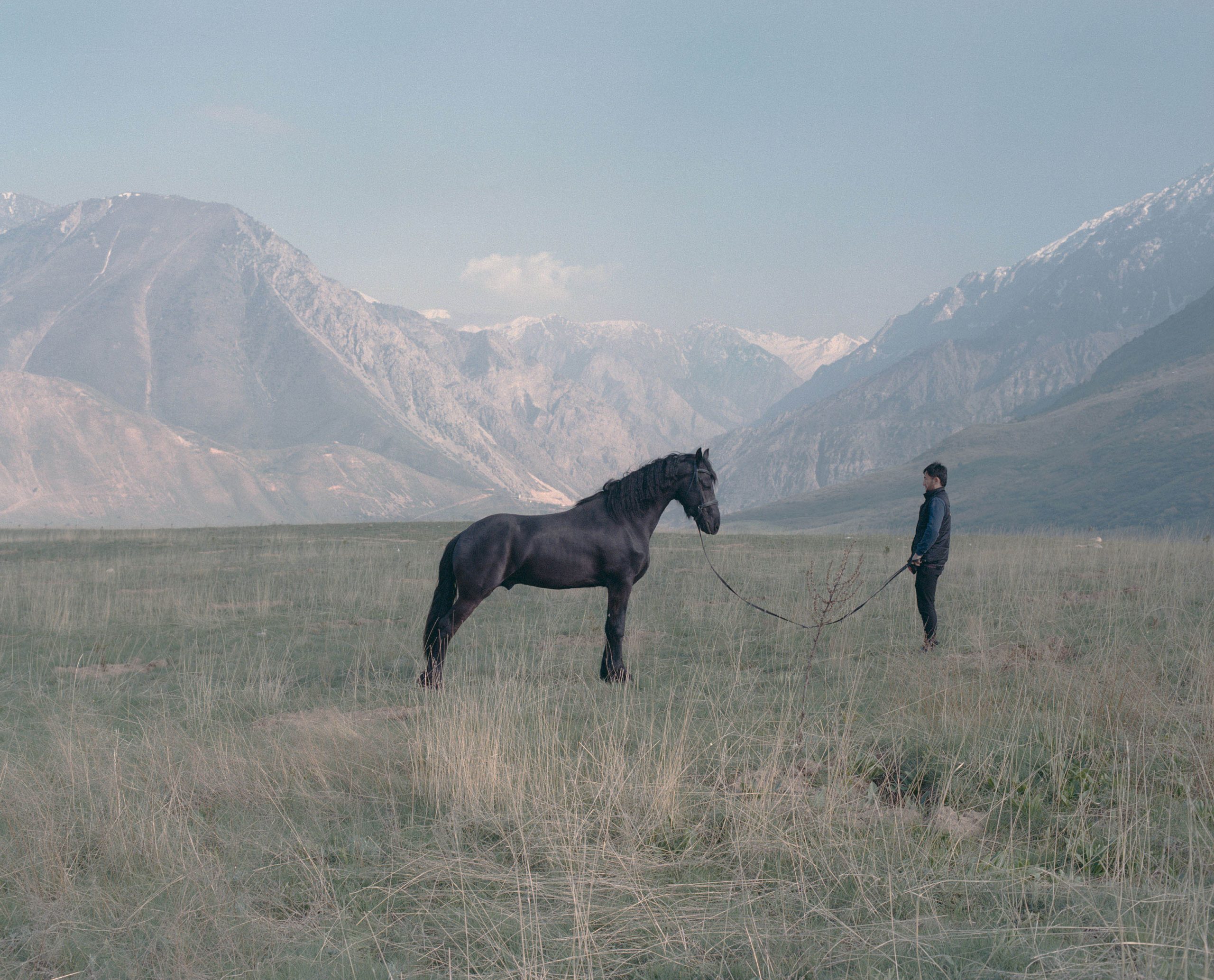
“My genuine journey into photography began with fundamental questions about Uzbekistan’s visual heritage. These questions continue to shape my perspective, leading me down a path where each inquiry begets another. In the context of postcolonial practices, photographing the “other” often implies that the person behind the camera is an outsider—an observer with specific tasks and privileges over the subject. The camera becomes an aggressive tool, capturing moments that will eventually be shared with others back home.
Central Asia’s photographic archives, like those of many countries with colonial histories, were initially shaped by European travelers and the military elite of the Russian Empire. Albums, postcards, and photographs documented life here, (such as the Turkestan Album* or color photographs of Prokudin- Gorsky**).”
“This is how they perceived us; this is how they photographed us; this is how they intended us to be seen.”
“Decades later, in the Soviet era, and Uzbekistan—along with all of Central Asia—was visualized through a lens of strict censorship. Photography became a more mobile, sometimes dangerous, and even predatory medium. These archives (labeled as “Exotic Orient” or “East Liberated”)— holding undeniable value but also my own concerns about heritage ownership. Did these archives truly belong to us? As an independent country since the 1990s, Uzbek photography had the potential for the development, yet it remained constrained by a regime that stifled reevaluation and renewal. As I delve deeper into our photographic essence, I grapple with my own limitations.
How do I perceive us? How do I capture our essence through the lens? And how do I want us to be seen?”
“This series of photographs reflects my observations about Uzbekistan. My intuitive approach—part travelogue, part personal reflection—raises questions about our current visual representation. I explore the meaning of our photographic legacy, the relationship between power, the author, and photography, and the contemporary landscape. Stepping into the shoes of that same foreigner or study the works of Xudoybergan Devonov*** (considered the first Uzbek photographer and cinematographer), engaging with contemporary photographers; I’m immersing myself in a more intricate and perplexing web of personal connections with photography.”
“As I delve into the essence of our photography, I find myself grappling with profound questions. Do I feel a connection with previous generations? Do I stand firmly on my native soil? And amidst the fog of ignorance, could there be an Uzbek myth waiting for me to unravel?”
“Within the constructed hierarchy of modern Uzbekistan’s values, where post-colonial and post-Soviet discussions remain scarce and photography is still traumatized, my work serves as a mirror for selfreflection. It prompts me to consider my identity and my place within photography.”
* Turkestan Album (1871 -1872) – a six-volume album of 1,200 photographs, created by order of the first Governor-General of Turkestan, Konstantin von Kaufmann, the album demonstrated the possessions of the Russian Empire in Central Asia.
** Sergei Prokudin-Gorsky (1863–1944) – Russian scientist, pioneer of color photography, author of photographs of Russian Turkestan created by the order of Tsar Nicholai II.
*** Xudoybergan Devonov (1879 – 1938) – considered as first Uzbek photographer and cinematographer. Was shot during Stalin’s repressions in 1938.
Guillaume Holzer
Territoire Nomade
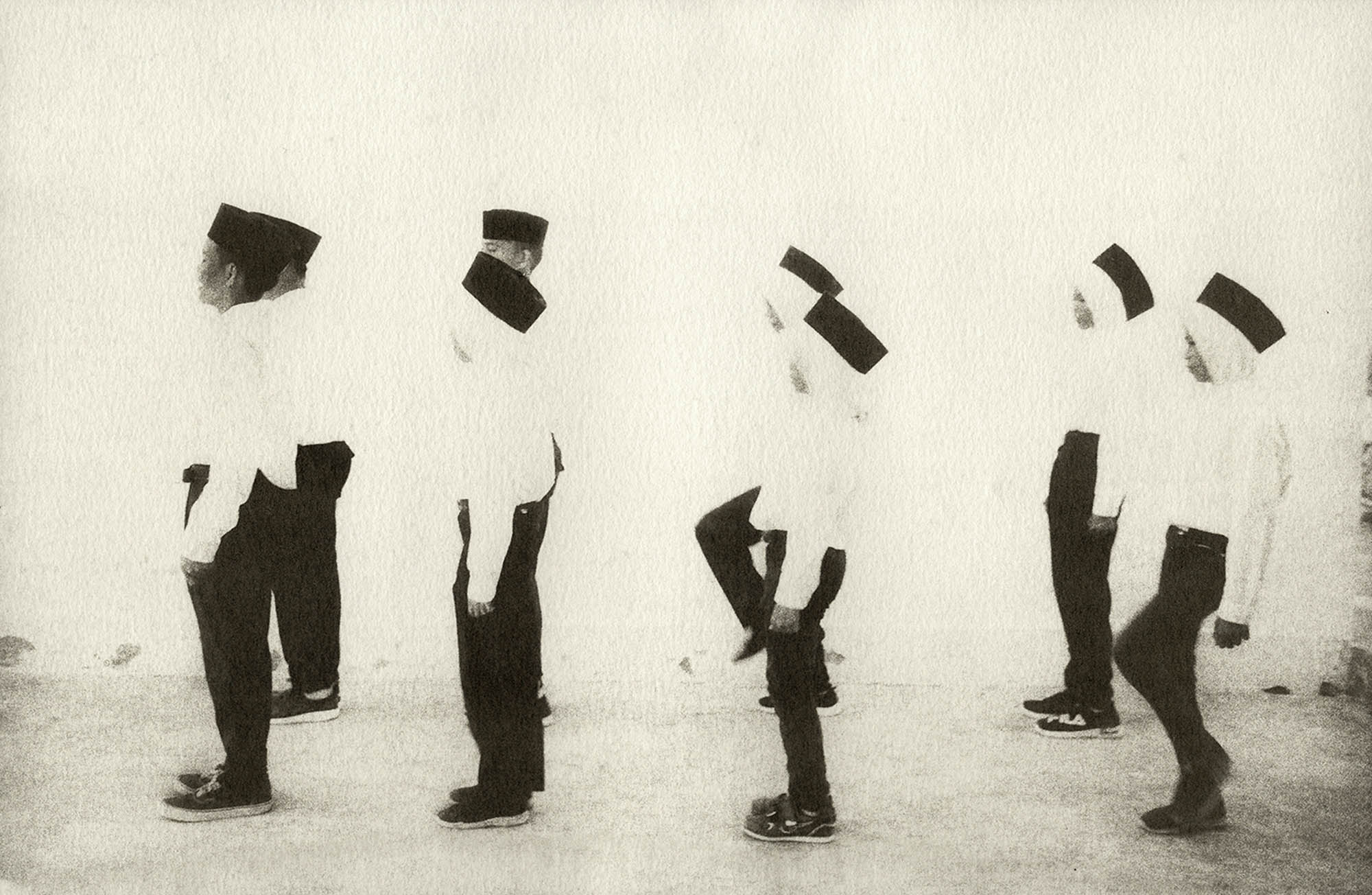
The result of eight years of living and working with sea nomad communities in Indonesia, the “Nomadic Territory” series is an ode to nomadism and a reflection on freedom, identity and the profound relationship between man and the sea. These photographs, taken in the Komodo archipelago, invite us on a journey where mobility becomes an exploration of the self and the world.
Across shimmering waters and endless horizons, Guillaume Holzer shares his own quest for identity, meaning and belonging, reflecting the beauty and complexity of nomadism as a way of life and philosophy. This is a journey into the relationship between place, mobility and identity, where he explores the function of deterritorialization and the components of identity and territory, inviting the reader to traverse the realms of nomadism through the history of the Bajau and Bugis communities. Nomadism symbolizes physical and intellectual freedom, the process of liberation from territorial or ideological constraints. It represents resistance to rootedness and an openness to fluidity and transformation.
Having freed himself, the nomad can settle elsewhere, adopt new norms and create new relationships with his environment. However, this «reterritorialization» is temporary; it enables his permanent movement and change and, in a way, condemns him to be free.
The “Nomadic Territory” series series was also the subject of a handmade book, accompanied by 41 images, texts and sketches, self-published in 30 copies, published in July 2023.
The jury was made up of : Héloise Conésa (Chief Curator of Heritage, Head of Photography, Department of Prints and Photography, BnF), Kamila K Stanley (laureate of Bourse du Talent 2023), Charlotte Flossaut (Co-founder of Photo Doc), Aÿa de Faÿs (Photographie.com), Christophe Ralite (President of PixWays (PixTrakk)), Béatrice Tupin (Creator and director of the festival Les femmes s’exposent), Pierre Ciot (President of SAIF), Severine Gay Degrendele (Curator, independent scenographer and director of Impulse Festival), Carmen Spella (Responsible for EU partnerships and collaborations at MPB), Aliocha Boi (Founder of Podcast Vision(s) and Photographer), and Victor Gassmann (General Secretary of PICTO).
